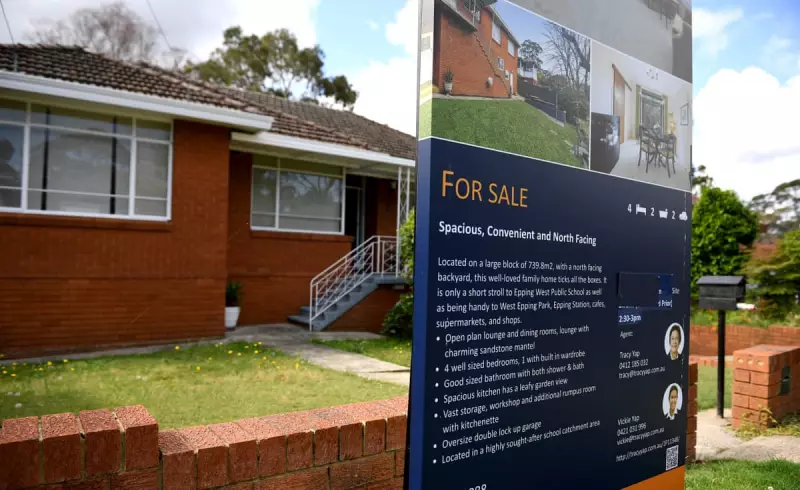
In a dramatic shift from conventional wisdom, leading economists are sounding the alarm that Australia's next interest rate move could defy expectations and head upwards, rather than delivering the relief homeowners have been desperately awaiting.
The Inflation Conundrum
The Reserve Bank of Australia's preferred inflation measures have remained stubbornly above target, with trimmed mean inflation sitting at 3.8% annually. This persistent price pressure is creating a nightmare scenario for policymakers who had hoped for a smoother path back to the 2-3% target band.
"The last mile of inflation is proving incredibly difficult," explains AMP deputy chief economist Diana Mousina. "Services inflation remains elevated, and there are genuine concerns that we might not see it fall much further from current levels."
Why Rates Could Climb Again
Several worrying factors are converging that could force the RBA's hand:
- Stubborn services inflation continues to run hot, driven by rising insurance costs, education fees, and healthcare expenses
- Unexpected economic resilience despite previous rate hikes, with unemployment remaining relatively low
- Global uncertainty and potential commodity price shocks that could import inflation
- Housing market pressures showing surprising strength despite higher borrowing costs
The Unemployment Wild Card
Current unemployment sits at 4.3%, but economists warn this could rise to 4.5% by year's end. However, this might not be enough to tame inflation. The RBA faces the delicate balancing act of cooling the economy without triggering a severe downturn.
Sean Langcake from Oxford Economics Australia notes, "The labour market remains quite tight. We're not seeing the kind of weakening that would give the RBA confidence that inflation will return to target in a reasonable timeframe."
What This Means for Australian Households
Another rate hike would deliver a devastating blow to mortgage holders already stretched to their limits. The average variable rate mortgage could see monthly repayments increase by hundreds of dollars, pushing many families into financial distress.
Economists suggest that households should prepare for the possibility of higher rates by:
- Building additional buffers into household budgets
- Considering fixing portions of variable rate mortgages
- Reducing discretionary spending where possible
- Exploring offset accounts to minimise interest payments
The coming months will be crucial as the RBA weighs its options. While the consensus still leans toward eventual rate cuts, the possibility of another increase is no longer being dismissed by serious economic observers.





